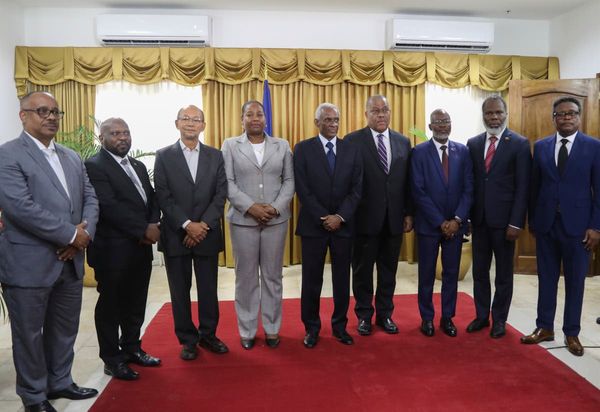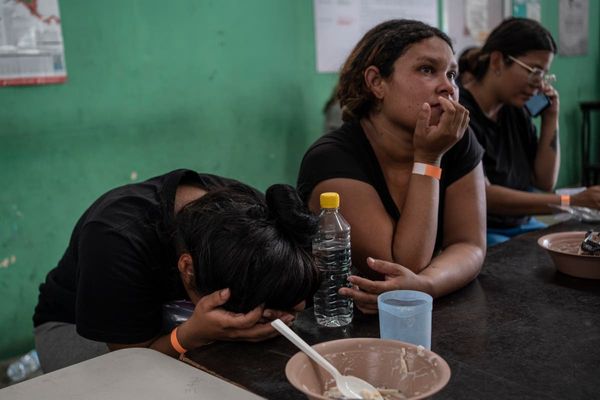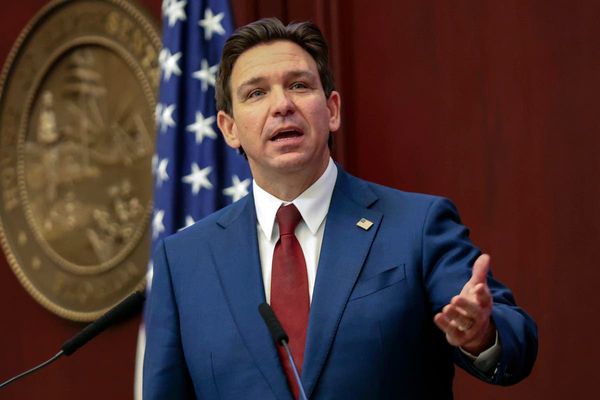
The past week has seen ever stronger indications that Russia has recognised it cannot achieve its aim of conquering Ukraine by military force. Suggestions tied to peace talks in Ukraine that Russia was pulling back from its attempt to encircle Kyiv tie in with the earlier declaration that its war aims were limited to conquering the eastern part of the country. And even before that, both Russia and Ukraine had stated that peace negotiations were moving into a phase of substantive discussions instead of Russia simply presenting ultimatums.
Russia’s claim that it is scaling back operations around Kyiv and focusing its offensive on the east of the country is one of those rare occasions when a statement from the Russian Ministry of Defence actually aligns recognisably with the truth. The reality gap arises not in what Russia is doing, but why it is claiming it is doing it. Russia has presented this withdrawal of units from around Kyiv as some kind of concession – to “boost mutual trust” around the peace talks. But it was already clear that its offensive there had stalled, and in some case been reversed, by dogged Ukrainian resistance. The pivot to operations in the east and the rotation out of battered Russian units from Ukraine’s northern flank is a recognition by Moscow that – as many military analysts had predicted before the current conflict – it simply does not have the deployable forces it would need to conquer all of Ukraine along multiple axes of advance.
In fact, Russia is having to scrape the manpower barrel just to keep its current operations going. The troop buildup ahead of the onslaught on Ukraine saw units brought in from as far as the Arctic and the far east. Now that many of these have been mauled in the fighting in Ukraine, Russia is drawing on all possible sources of additional bodies, including bringing in mercenaries and recruiting in Syria.
But while evidence of Ukraine’s success in fending off at least some of the Russian offensives may mean that the country as a whole is not in immediate danger of being overrun, the risk to Ukraine’s future as a sovereign nation remains. Russia has a long track record of starting wars disastrously, but then succeeding in throwing sufficient manpower and material into the conflict to grind down its opponents through sheer mass. The danger is that Russia can continue a war of attrition, regardless of the cost in casualties among poorly trained troops or the damage done to Russia’s own economy, longer than Ukraine can maintain the interest and support of the west.
And in the meantime, Russia will continue to engineer humanitarian disasters in order to put pressure on Ukraine’s president, Volodymyr Zelenskiy, to make concessions in order to end the fighting. The capital itself will continue to be under threat. Suspending attempts to push forward and seize more territory around Kyiv does not mean that Russia will cease mounting long-range missile and artillery strikes on Ukrainian towns and cities from those areas it does already control.
That Russian pressure will be both direct, presenting Zelenskiy with the appalling choice of continuing the fighting at the cost of innocent lives or making concessions to end the suffering, and indirect, if Zelenskiy’s western backers modify their advice – and their support – because they do not feel Ukraine should resist further in the face of humanitarian catastrophe.
Zelenskiy has already indicated that “neutral” status for Ukraine would be an outcome he would accept in order to end the fighting. But this in itself is fraught with dangers. He knows as well as anyone that “neutral with security guarantees” was precisely Ukraine’s status a decade ago, and that did nothing to prevent Russia from seizing Crimea and beginning its war in eastern Ukraine. So, in order to be meaningful at all, the same words would have to conceal a radically different international status and set of foreign backers for Ukraine than in 2014. And there is always the danger that a temporary ceasefire – encouraged by a conflict-averse west – may evolve into a permanent division of the country, cementing Russian territorial gains.
Optimism for resistance to occupation by the Ukrainian population in those areas controlled by Russia, and those it still could conquer in its eastern offensive, conceals a grim reality. The sad fact is that Moscow has a very high success rate in crushing resistance movements and insurgencies, largely through the application of unlimited barbarism against the civil population that sustains them. So if Russia does decide to occupy territory it already holds, the only thing likely to dislodge it is further and much more substantial Ukrainian military offensives – which may not be within the scope of possibilities for Kyiv.
In the end much depends on what Russia itself will define as “victory”. It has already reinvented its original war aims because it failed to achieve them. The expectation that Ukrainians were just frustrated Russians awaiting liberation from an imaginary neo-Nazi gang that had seized power in Kyiv was torpedoed by its first encounter with reality on the ground in Ukraine. Far from the whole country falling swiftly into Russia’s hands, Moscow must fight for every inch of Ukrainian territory.
So whatever victory it may eventually claim, it is unlikely to look anything like what Russia thought it was setting out to do in the first place. But that matters little when it has established such control over public opinion at home that much of its population think it is waging a defensive war; in effect, a Russian declaration of success does not in any way depend on the reality of the war’s outcome. The longer-term problem is that if Vladimir Putin comes away from this war convincing himself that Russia has achieved anything other than substantial defeat, there is nothing to deter him from continuing his plans for wars of conquest to reassert Moscow’s control over the territories and peoples he claims are independent by mistake.
Russia may need time to rebuild its military and reorient its economy for the new sanctions regime, but the only thing that will change Putin’s ambition is clear and unarguable failure that cannot be explained away through the sleight of hand of redefining what Russia wanted from the war. Now, just as at the outset of the war, the west has the responsibility of assisting Ukraine in bringing about that failure.
Keir Giles works with the Russia and Eurasia programme of Chatham House, and is the author of Moscow Rules: What Drives Russia to Confront the West







